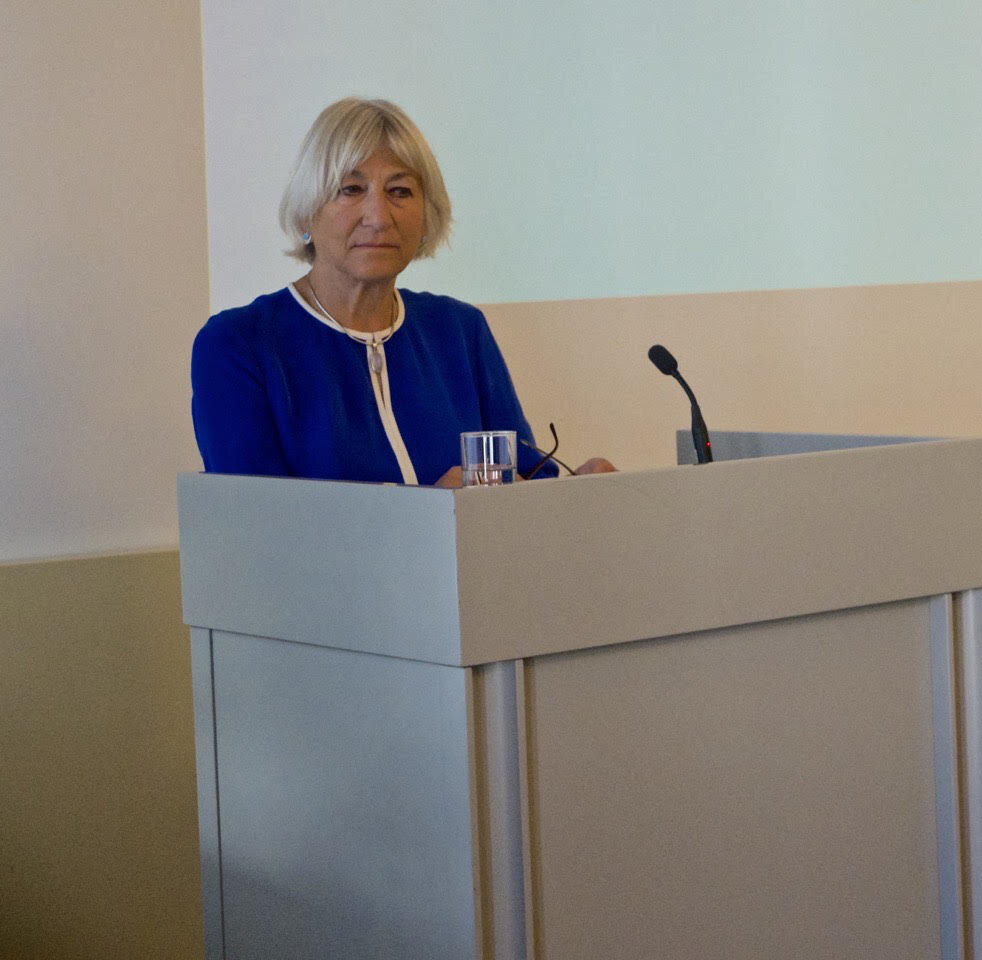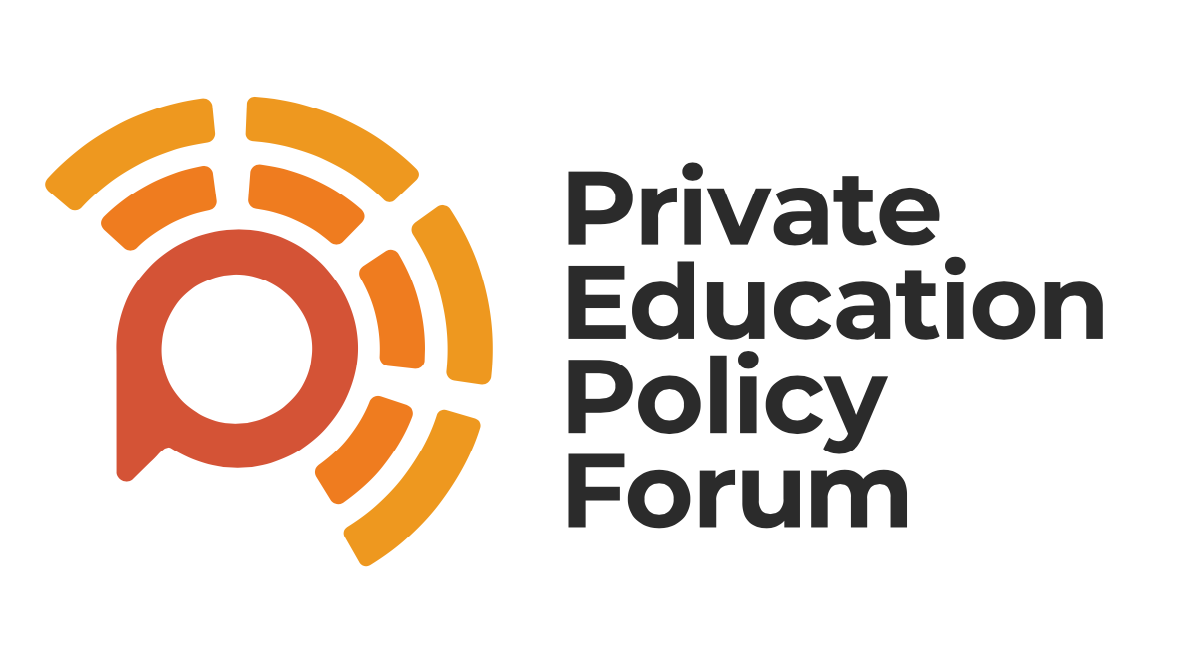
Joy Schaverien
British boarding schools have for generations been both mainstays of privilege and hotbeds of misery and, in some cases, sexual exploitation of young children.
It was a colleague from The Netherlands who long ago made the casual comment that the British establishment is a nation of traumatised individuals.
She should know, working as she did with those who had, during the second world war, grown up as children of prisoners of war in Japan.
It was this that initially drew my attention to the trauma endured by many young children of that “British establishment”.
My book Boarding School Syndrome offers a depth analysis of the enduring psychological impact of boarding schools on adults who, as children, grew up in them.
This British tradition was exported all over the world and many countries of the former Commonwealth have boarding schools.
In British society we take for granted that a proportion of children attend boarding schools, but rarely do we notice the tremendous psychological trauma associated with it.
Like children taken into care of the local authority, those in boarding school suffer the loss of all that is familiar. The difference is that their parents pay for the “privilege”.
The psychological term Boarding School Syndrome denotes a cluster of learned behaviours and discontents that are common in adults who boarded when they were young.
In my practice as a psychotherapist and psychoanalyst I noticed that a high percentage of my psychotherapy patients had been to boarding school, in the UK and abroad, often as young as 7 or 8.
The situation was similar among my colleagues’ patients and yet it was rare that this was identified as a major cause of the presenting problem in adults seeking psychotherapy.
Ex-boarders commonly present with generalised depression, relationship breakdown, and problems with intimacy or with parenting their children.
It is not always immediately evident that the origins of this unhappiness may be traced to the traumatic early separation from home and loved ones when they were sent to boarding school.
Many come to psychotherapy as a last resort after suffering years of depression.
It is only as their history emerges that it becomes clear that their experiences of being abandoned, often at a very young age, have contributed to the suffering, and history of broken relationships, which they have endured for most of their lives.
Those who attend boarding schools, no matter how good ought really to be understood as “looked after children”. This is a term used to describe children taken into the care of the local authority.
My research
My clinical practice led me to research the impact of boarding schools on psychological development, and so I set up interviews with ex-boarders.
When I asked ex-boarders if they remembered their first day at boarding school, I was at first surprised by the traumatic memories evoked by this single question.
The causes of this are multi-faceted and I have come to understand them as the ABC-D of Boarding School Syndrome.
Many of the children in boarding schools, despite their apparent privilege are A -Abandoned, B- Bereaved and C-Captive and this results in D- Disassociation.
• A. The initial abandonment is traumatic for children, most of whom, until this time in their short lives have had continuity of intimate care and love. The sudden rupture in primary attachments is at first confusing and then devastating.
• B. Bereavement: The word homesickness is inadequate to express the depth of this trauma. The term bereavement is more appropriate as it is a grief reaction to the sudden loss of significant primary attachment figures (parents, siblings, pets, toys, food and all that is familiar). The emotional reaction can be overwhelming. Children suddenly finding themselves alone without intimate contact and without love will be anxious and enter a phase of mourning.
• C. Captivity: Children who board in school are captive: powerless to leave unless released on ‘parole’ by staff or parents. Like prisoners they wear uniform and eat unpalatable food (this is less common today). It also became clear that boarding school was a form of imprisonment. This analogy is not new; many ex-boarders have made this comment in passing and jokingly. I decided to consider this seriously.
• D. Disassociation. Living in captivity, even benign captivity, is still imprisonment. The psychological parallel is that the emotional self also becomes imprisoned. Young children have no words to adequately express the feeling state and so a shell is formed to protect them from otherwise overwhelming emotions.
Too young to mentalise their situation, children need loving adults to help them find words to process intense experiences. Unable to soothe themselves they begin to develop a false self, a form of psychological armour. Whilst appearing to conform to the regime, their vulnerability is hidden even from themselves. Many children who appear, after a few weeks, to have adapted have unconsciously made a psychological split between the home self and the boarding school self.
The Split
It is common for the broken attachments, the loss of family and home, to cause a split in the personality between the armoured boarding school child (self) and the sensitive, vulnerable, home-child (self).
This developmental split may last into adult life affecting intimate relationships. The ex-boarder remains vigilant. It may feel unsafe to trust a loved partner or spouse because, like the parents, they too might abandon you.
The source of the mistrust is often forgotten, and it remains unconscious until it emerges in psychotherapy.
As children, these adults had suffered significant bereavement at a formative time. The impact of this continues into adult life and so, despite being apparently successful, and as a consequence of spending their formative years in an environment devoid of love, the sufferer may be cut off from their emotional life and have an unconscious fear of intimacy.
This impacts on their intimate relationships. Because many of our leaders suffered this trauma, it affects social policy too.
Social consequences
Many members of the British establishment have had such childhood experiences. Whilst an ethos of fair play is part of the tradition, vulnerable children may attract bullies.
Children in boarding schools learn to conceal their vulnerability and develop strategies for deflecting from their grief.
A lack of empathy for the child-self may transform into lack of empathy for ‘the other’.
Therefore, it is possible that the political dominance of boarding school alumni in positions of power may influence the wider society. This avoidance of personal pain may impact on social legislation that requires true acknowledgement of the suffering of those who are struggling with poverty or displacement.
How can this problem be addressed? Should private boarding establishments be abolished?
My view is that, whilst there is a place for such schools, parents and teachers need to be much more aware of the serious psychological consequences of sending children away from home at a young age.
Parents should be encouraged to take seriously their own intuition; by sending children away many are doing something that feels deeply unnatural to them.
The message may be gradually getting through, as prep school numbers have been decreasing in recent years.
However, public schools still have healthy numbers. Many people from abroad aspire to a British education for their children and so they fill the places that British parents are beginning to leave vacant.
The predicament for these children is that, as well as losing home and family, they are separated from their country, their language and their culture.
State funded places in these boarding schools may provide opportunities for those who might otherwise be struggling. However, these schemes may bring other problems in their wake – as described above.
Change is needed so that staff and parents both understand and respond to the deep bereavement of children in the schools.
If the child complains of being unhappy, they probably are. They need to be listened to and believed. Even in the best of schools some children are bullied and abused with no one to tell.
Professor Joy Schaverien is the author of Boarding School Syndrome: The Psychological Trauma of the “Privileged” Child which was published by Routledge in 2015. She is a Jungian psychoanalyst and psychotherapist and author of many books and papers on themes related to boarding school trauma art and psychoanalysis. You can find out more at: www.joyschaverien.com



